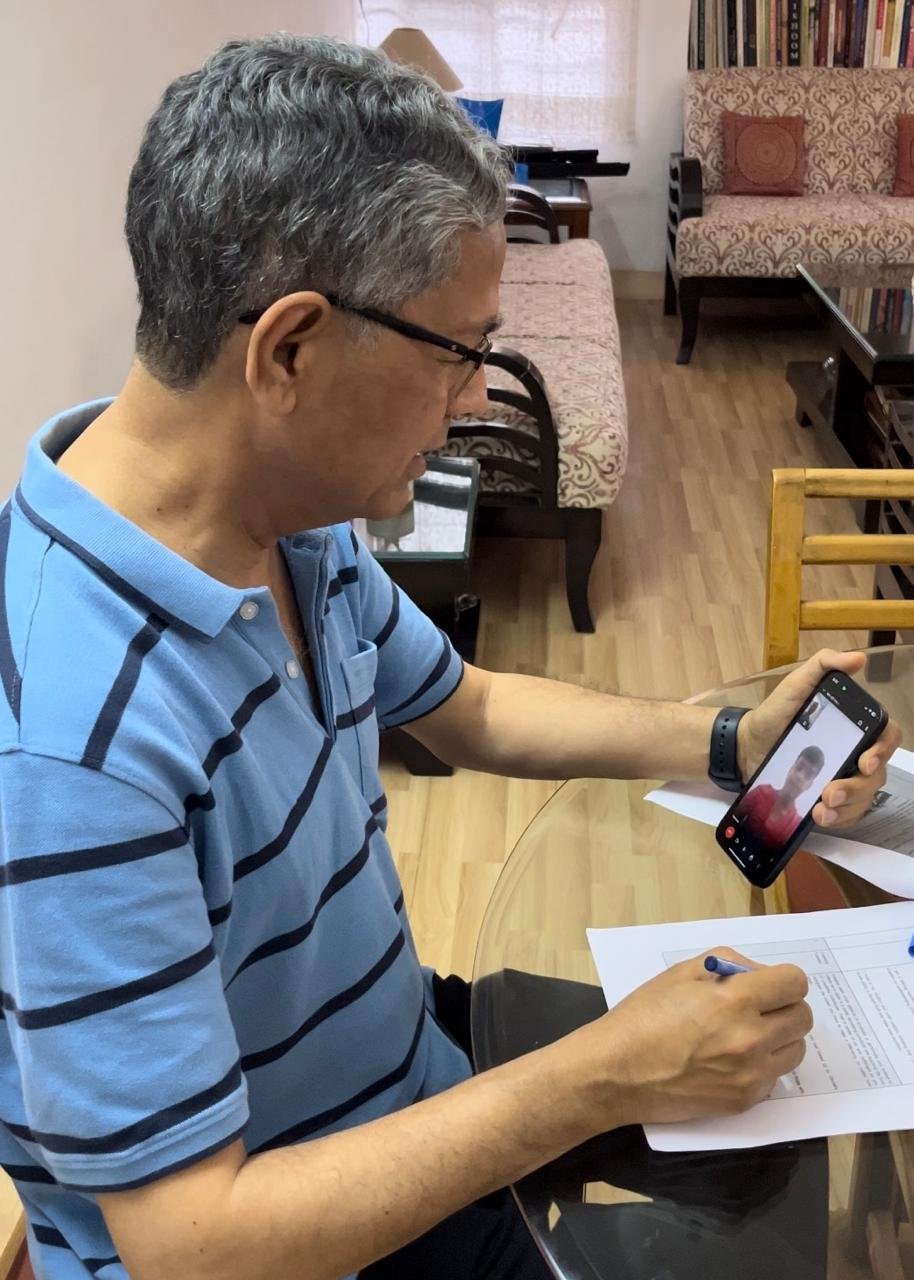School
Resilience Initiatives
Reduce Initiatives
-

KiVA Anti-Bullying
Reducing the stress of bullying by fostering pro-victim attitudes in a school environment using structured lessons and monitoring tools.
-

Trauma-Informed Teaching
Reducing stress for children living with trauma or adverse experiences through informed teaching practices in school
Disclaimers
-
Mindfulness practices are not universally suitable for children and adolescents. In certain cases, particularly where trauma, anxiety, or emotional dysregulation exist, mindfulness may heighten distress or feelings of self-blame. Programs must be age-appropriate, culturally adapted, trauma-informed, and always optional—not mandatory. Mindfulness should never be viewed as a replacement for safe environments or structural support (Reference).
-
We do not recommend mass mental health screening in schools. Instead, we advocate for targeted identification of high-risk subgroups based on contextual indicators (e.g. recent trauma, social vulnerability). Any assessment must be voluntary, confidential, developmentally appropriate, and accompanied by a robust referral and care pathway. Screening without follow-up can do more harm than good (Reference).
-
SEL can increase internalised blame, shame, and even emotional suppression, especially when it fails to acknowledge the structural conditions (poverty, discrimination, violence) that young people live in. In such settings, telling a child to "breathe through it" or "choose kindness" can feel dismissive, even dangerous (Reference).





